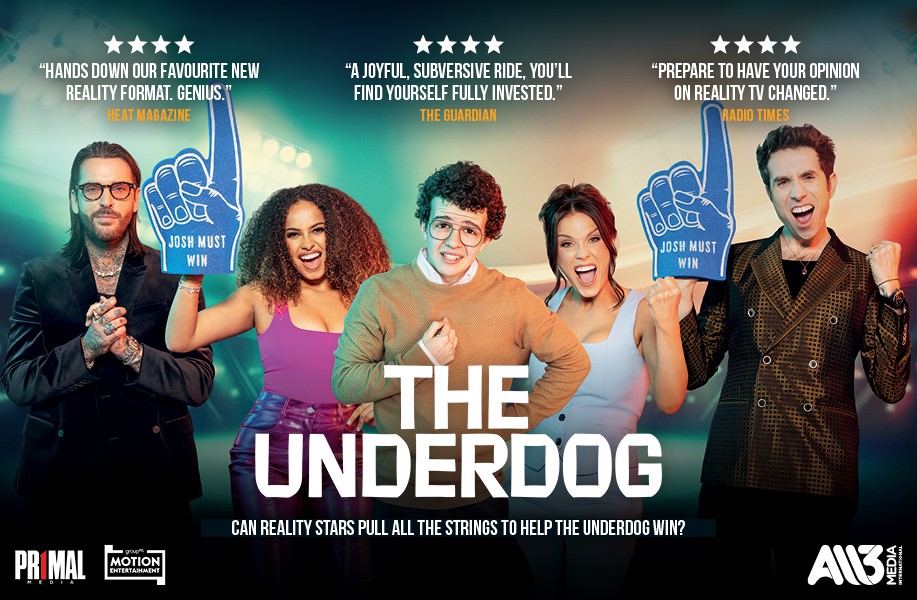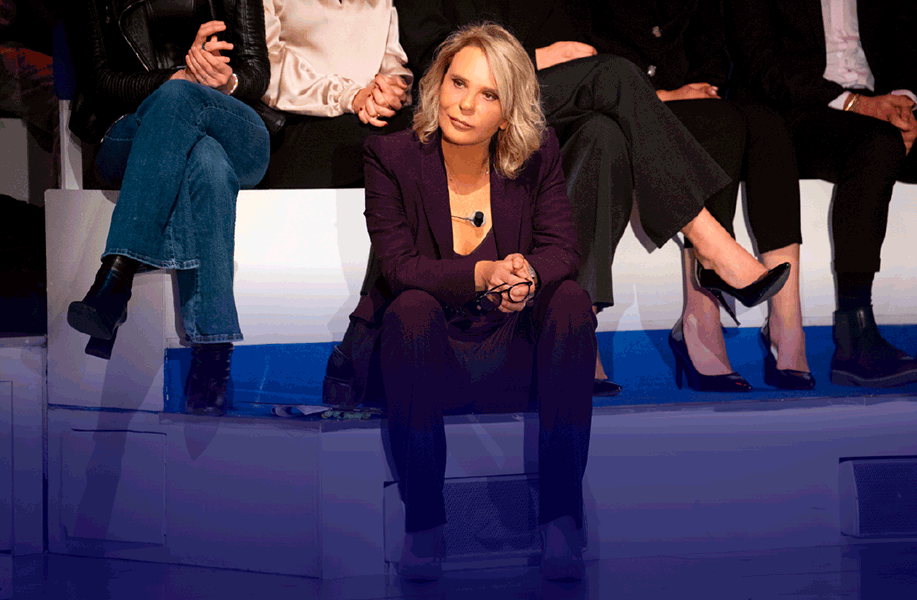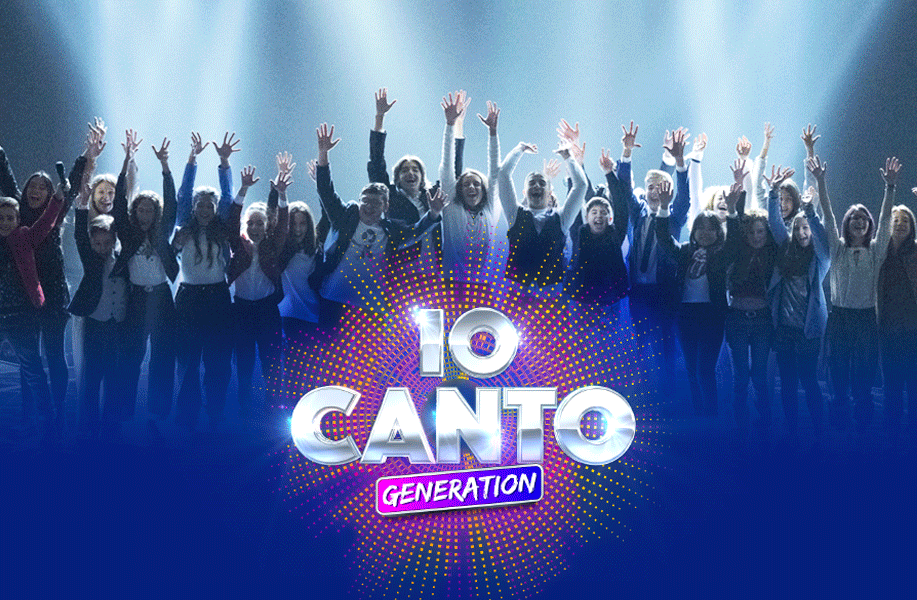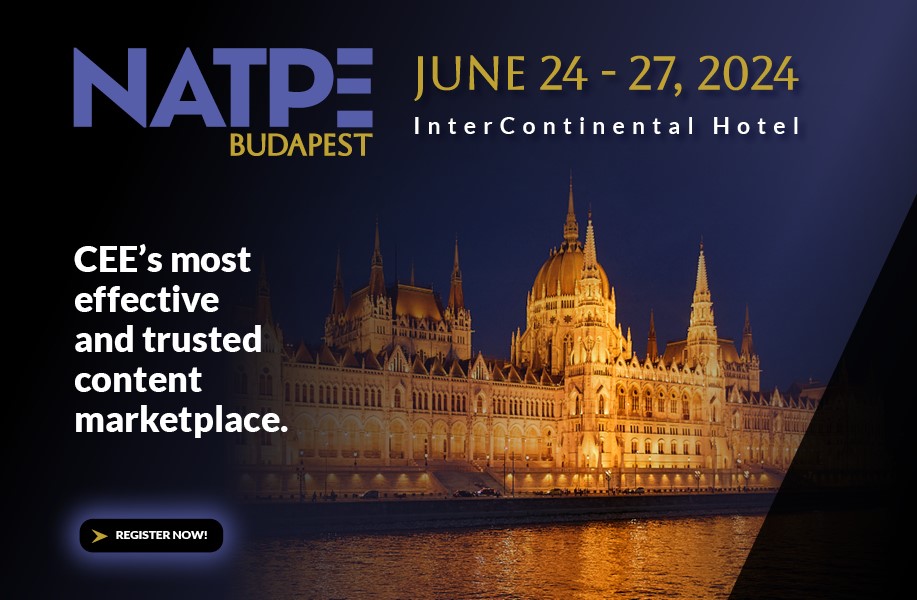The third Independent Producers' Xchange came to an end on 12th March 2024 in Cologne. The event may have marked a turning point in the entrepreneurial self-image of German TV producers and format developers.
At the very least, many were left pondering whether their entrepreneurial self-image is still up to date in an international context. But first things first....
The third IPXchange in the elegant cinema suite of MMC Studios Cologne was also a reflection of the German producer landscape. Not only independent producers such as Blueprint, Seapoint, Moveme, Filmreif, AundS, Fandango and UnitedHeroes were once again on the list of visitors. Larger companies such as Constantin Entertainment, Bavaria Entertainment, Janus and Tresor/Keshet did not miss out on the two-day conference and networking event either.
Once again, Sandra Lehner and Wolfgang Link, the organisers of the "Independent Producers' Exchange", were able to attract renowned industry experts for the two-day IPXchange programme.
Some of the world's best-known format distributors such as Tanja Van der Goes (Allrightmedia), Andrew Sime (Newen), Tim Crescenti (Smallworld), Danny Fenton (ZigZag), Julian Curtis (Lineup), Lindsey Ayotte (LGI) and Matthieu Porte (Cantstop) presented their current catalogue highlights.
Speakers such as Simon Kennedy (EssenceMediacom), Christina Bröker/Stephan Sorkin (EDFVR), TV futurist Sandra Lehner and TV legend Michael Schmidt provided valuable insider knowledge on topics such as "Branded Entertainment", "Calculating Success with AI", "TV in the Age of Metaverse" and "Tiktok interacting with TV".
It was the show director and production strategist Tony Gregory (UK) who was able to trigger thought-provoking impulses for a rethink among the producers. In a panel discussion he himself initiated entitled "How can Germany's creativity be unleashed?", he wanted to find out why a TV market as relevant as Germany imports so many more TV formats than it exports. Is it due to a lack of creativity, a lack of investment/risk appetite, structural or legal framework conditions?
Internationally experienced TV industry experts such as David Ciaramella (UK), Dries Verhaeghe (Belgium) and Tanja Van der Goes (NL) presented their views on the status of German TV formats on the international market at the panel.
It became clear that the leading roles of the top countries in the format trade (USA, UK, NL, BE) are due to better legal and structural conditions on the one hand, but also to companies' greater willingness to invest and take risks on the other.
John de Mol was cited as an example of the latter, who would not have launched successful formats such as "The Voice" without significant personal investment. However, the state framework conditions also played a key role: In the UK, the producers' association PACT had fought for better exploitation opportunities for their content rights. In countries such as Belgium, Korea and Israel, it is the state TV broadcasters that enter into development partnerships with producers in order to jointly develop and internationally exploit content. Or slots are specifically reserved in the programme schedule in order to promote new programmes.
German TV producers must now ask themselves whether they have not received sufficient support from their broadcasters and German media policy. Or whether they perhaps need to take more entrepreneurial risks themselves and negotiate harder in order to create better conditions for their own developments.
There were no simple answers. One thing has become clear: A major imbalance compared to other EU countries.













